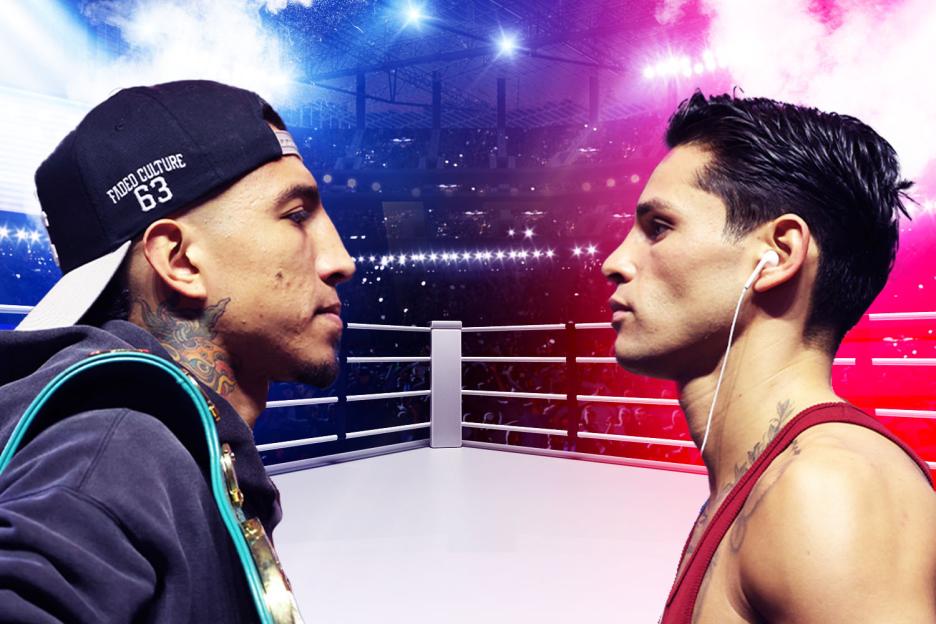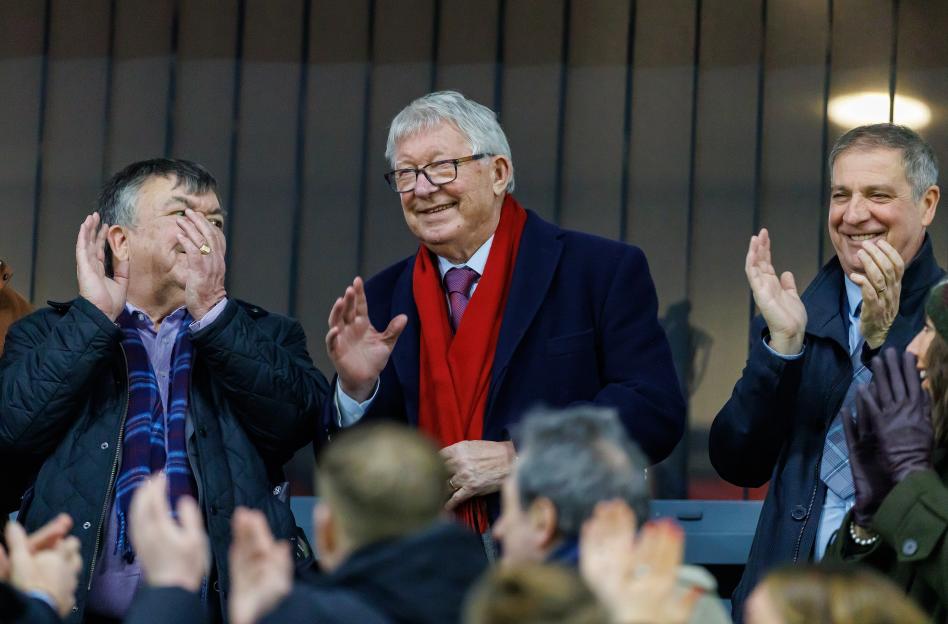SERBIA and Switzerland have a rivalry steeped in history with things expected to get tasty in Group G when the pair face off in Qatar.
Five-time World Cup winners Brazil and Cameroon make up the rest of the group.
Switzerland beat Serbia 2-1 last time they played in 2018Whilst most international rivalries are born from bordering another country, Switzerland is located over 1000 kilometres North West of Serbia.The reason for their rivalry has a far deeper meaning.
Why is Serbia vs Switzerland a rivalry?
The story begins with Kosovo, a former Serbian province where many Swiss were forced to flee, including former Liverpool star Xherdan Shaqiri and the Arsenal midfielder Granit Xhaka’s family.
Both players, who identify as being of Kosovo-Albanian heritage, hit the headlines in the 2018 World Cup after celebrating their goals by depicting the black eagle on the Albanian flag.
FIFA was forced to intervene, opening disciplinary proceedings after the Serbian FA launched a formal complaint.
Xhaka admitted the celebration was for his ‘people’, stating, “It was for my people, who always supported me. For those who did not neglect me, in my homeland, where my parentsâ roots are. These were purely emotions.”;
Xherdan Shaqiri and Granit Xhaka celebrate with Albanian nationalist symbolsShaqiri declined to explain the celebration, saying, “I canât discuss the gesture Iâm afraid. We are footballers, not politicians⦠Emotions sometimes take over footballers and there was a lot of emotion out there.”;Tensions remain high with Serbia refusing to recognise Kosovo as independent, leaving many of those who fled to Switzerland angered.
One would expect all the tension, politics and emotion to be laid bare on December 2nd when the two sides meet in Qatar.




